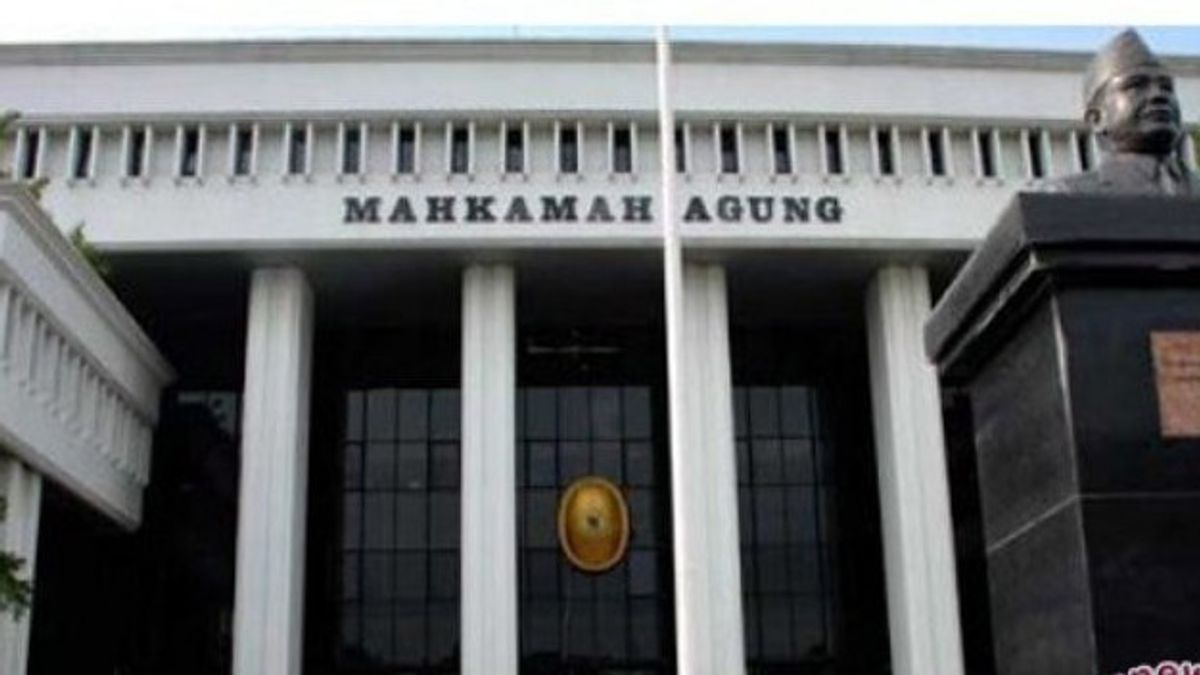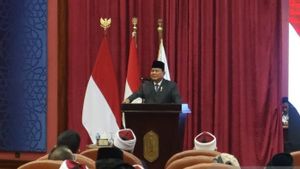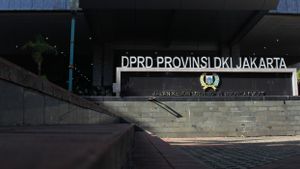JAKARTA - The Directorate General of Corrections of the Ministry of Law and Human Rights (Kemenkumham) is ready to follow the decision of the Supreme Court (MA) which revokes and cancels Government Regulation (PP) Number 99 of 2012 concerning Terms and Procedures for the Implementation of the Rights of Inmates.
The Head of Public Relations and Protocol of the Ministry of Law and Human Rights, Rika Apriani, said that the rules regarding the granting of remissions for corruptors had been updated according to the existing decision, of course, they would be followed.
"Further developments with what was conveyed by the Supreme Court, yes, we will follow it based on the new rules or new regulations. We will definitely follow it," Rika told reporters, Friday, October 29.
Even so, he ensured that the granting of remissions for inmates, especially in special crimes such as corruption, terrorism, and narcotics was still in accordance with PP 99 of 2012.
"These rights have a basis, there is a legal standing, which is indeed a corruption case. The basis for granting the remission is PP 99 of 2012," said Rika.
"So everything is indeed granting rights based on regulations. We will see if there is a change from this PP but for sure we are still giving remissions based on PP 99 of 2012 for corruption cases," he added.
Previously, the Supreme Court decided to revoke and cancel the PP that regulates the tightening of remissions for perpetrators of corruption, terror, and drugs.
"The decision of the HUM (right to judicial review) is granted," was quoted from the Supreme Court's website on Friday, October 29.
This decision was made by the Chairman of the Supandi Assembly, which consisted of Yodi Martono W and Is Sudaryono. Meanwhile, the parties who proposed this material test were Subowo and his friends. They are former village heads and inmates who are currently serving prison terms at the Class IA Sukamiskin Prison, Bandung.
In their consideration, the panel of judges stated that the function of punishment is no longer merely to imprison the perpetrators to be a deterrent but as an effort to rehabilitate and reintegrate socially in line with the restorative justice model.
In addition, they argue that prisoners are not only objects but also subjects who can make mistakes that can be subject to criminal penalties. So that they do not have to be eradicated but what must be eradicated are the factors that cause prisoners to do things that are against the law.
"Based on the correctional philosophy, the formulation of norms contained in the implementing regulations of Law No. 12 of 1995 as implementing technical rules must have a spirit that is in line with the philosophy of correctionalism that strengthens rehabilitation and social reintegration as well as the concept of restorative justice," said the panel's consideration.
With this consideration, the right to obtain remission must be granted without exception, which means that it applies equally to all inmates unless it is revoked based on a court decision.
The English, Chinese, Japanese, Arabic, and French versions are automatically generated by the AI. So there may still be inaccuracies in translating, please always see Indonesian as our main language. (system supported by DigitalSiber.id)













